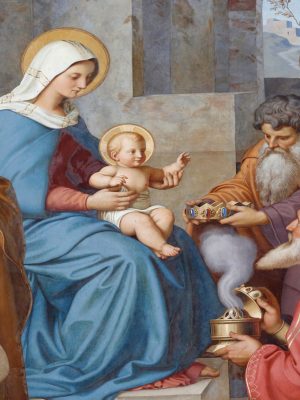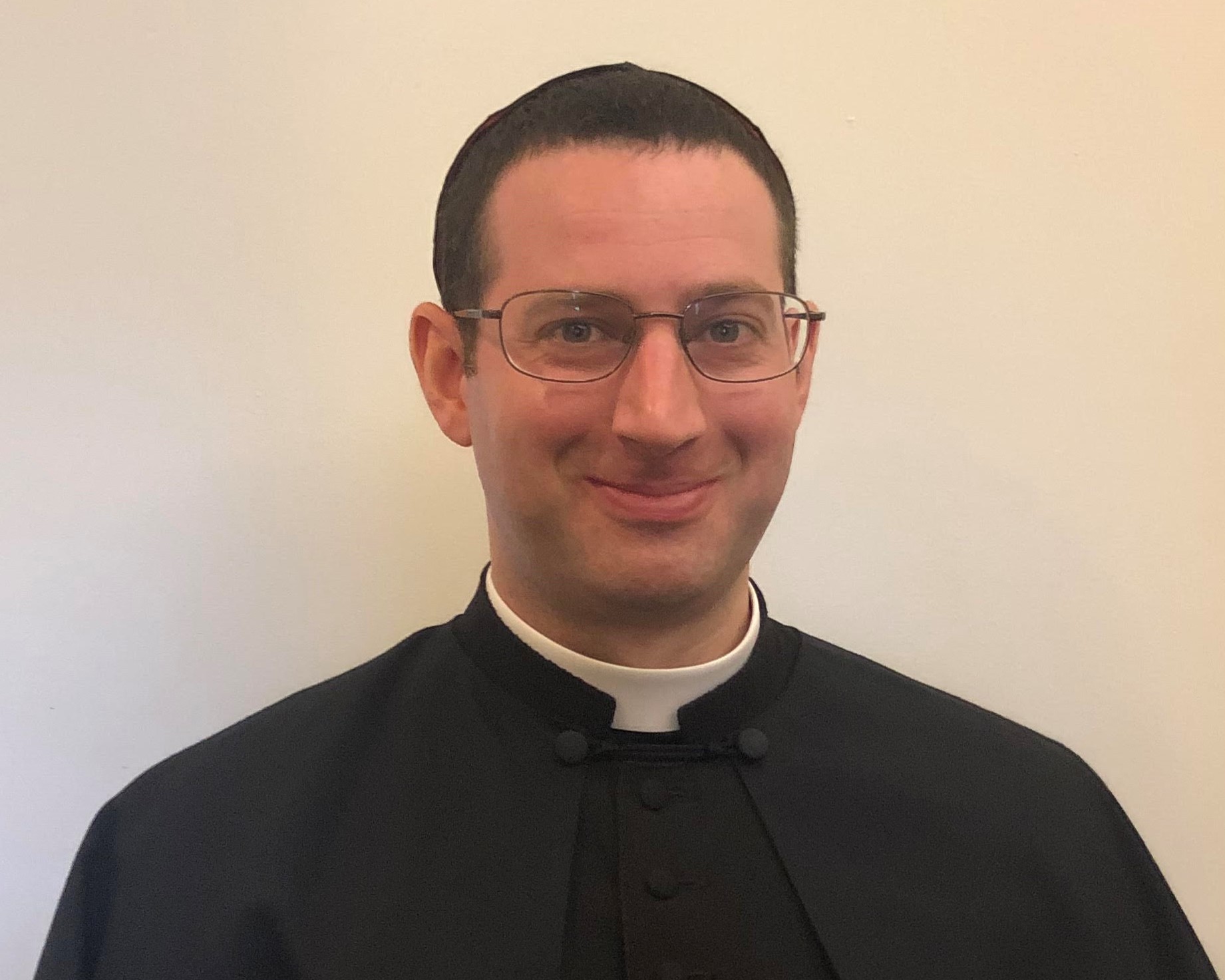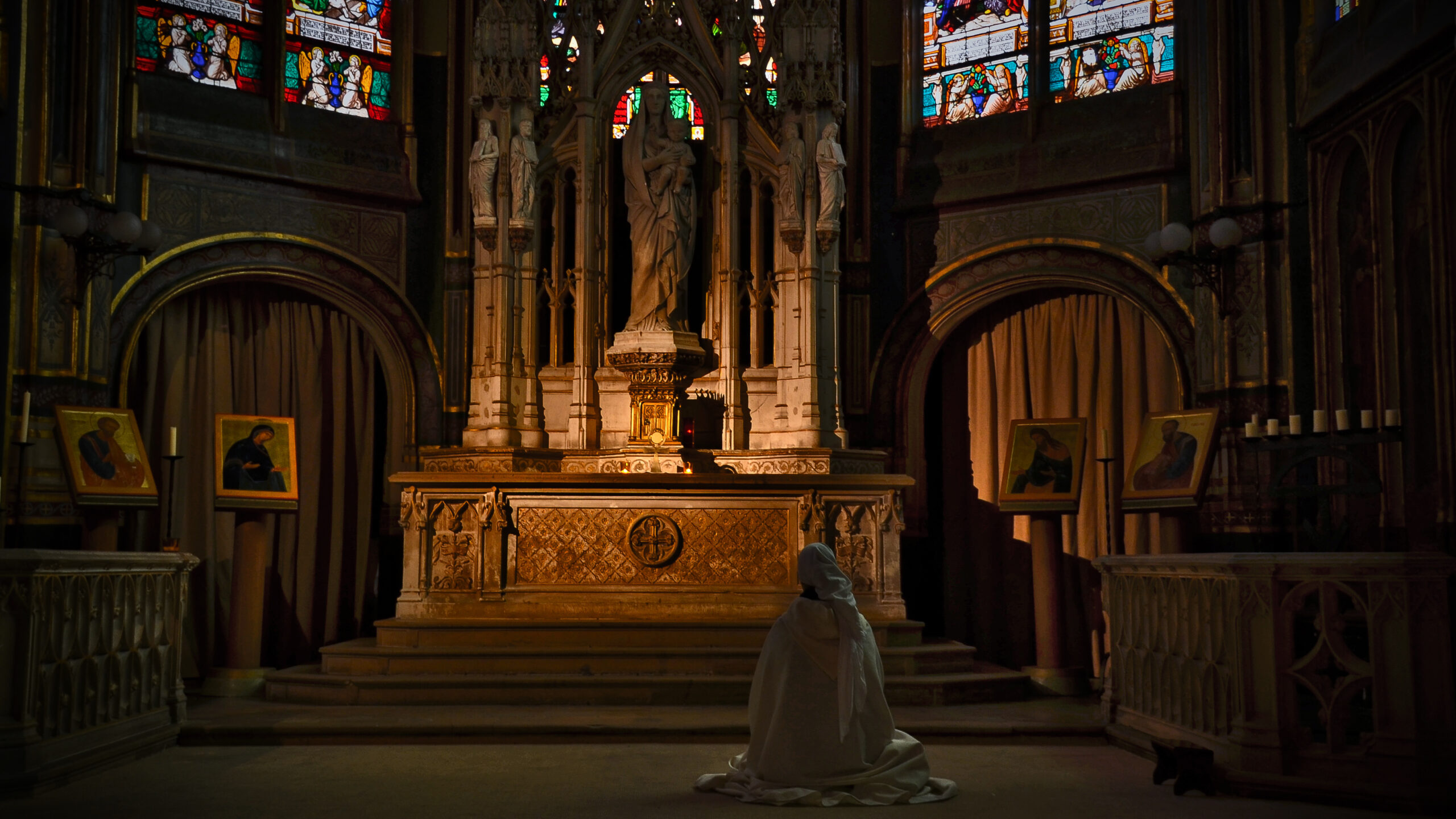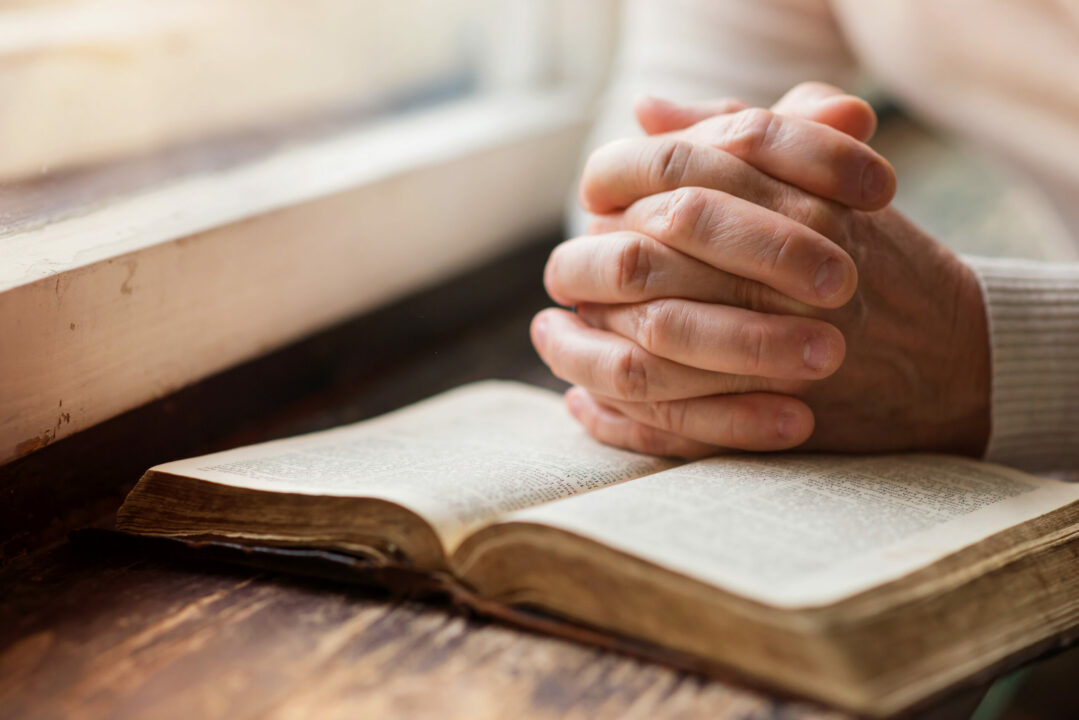The word “Epiphany” comes from the Greek “ἐπιφάνεια,” [epipháneia] which means “manifestation,” and the Feast of the Epiphany, kept on January 6th, the 13th Day of Christmas, commemorates three manifestations of Christ: the visitation of the Magi from the East, Our Lord’s Baptism, and Our Lord’s first miracle of turning water into wine at the wedding at Cana. While all three are interwoven in the Office for the Epiphany, the Mass of Epiphany day itself focuses on the visitation of the Magi.
At the end of the Gospel read on the feast of the Epiphany, the Faithful learn that the Magi “being warned in a dream not to return to Herod, they went back to their own country by another way” (Matt. 2:12). As they came from the East, this implies that their return journey would have been very difficult, having to stay off of the main roads and from places of lodging – at least for the first part of their journey – because any route following the high roads would have taken them back through Jerusalem, the capital of Herod, whom they were trying to avoid as Herod was a threat to them, and more importantly, to the Christ Child. Even after they passed the city of Jerusalem, such a caravan would not go unnoticed upon the common highways and word, very probably, would have made it back to Herod. Mountains and caves would be their resting places as they sought to protect, not the treasures they gave, but the treasure they received, the love and company of the Christ Child.
In a similar way, once the Faithful have found the Christ Child, we must not return by the same way we came. Herod, in this sense, represents our enemies of the world, the flesh, and devil which were renounced when we embraced the Christian Faith. If a person follows the path which leads back into their power, they will kill the life, not of the Christ Child Himself, but of the life of Christ within one’s soul. We must take care to avoid these Herods which would extinguish our participation in the divine life, even if this means we must, like the Magi, take difficult paths, for taking the easy paths can lead us into the clutches of our enemies. We must walk in the paths of mortification and of the Cross in order to reach our true homeland, that of eternal life, just as the Magi took the difficult path back to their “own country.”
But it is not enough that we simply avoid our enemies of the world, the flesh, and the devil. As Cornelius a Lapide quotes in his commentary, “he who comes from the devil to God must never walk by the way by which he went to the devil. Thou wentest by the way of fornication; for the future, walk by the way of chastity. Thou wentest by the way of avarice; walk for the rest of thy life in the way of almsgiving. For if thou goest back by the way by which thou camest, thou shalt come again under the dominion of Herod, and shalt become a traitor to Christ.” That is, the paths to be followed are not simply paths which avoid sin, but paths which are contrary to sin. It is not enough, nor even the most important part of the spiritual life, that we avoid our enemies and combat our sins. In fact, the lessening and avoidance of sin is only the beginning, not the consummation of the spiritual journey in this world. There must come a point in one’s spiritual life where one’s focus changes. While being cautious and vigilant about sin, our focus must shift from avoiding and lessening sin to the development of virtues and growing in grace. The Faithful are not called to be simply without sin, they are called to be holy and virtuous. This bears repeating, the Faithful are not called to be simply without sin, they are called to be holy and virtuous. There is a great danger in simply insulating from evil without developing virtue; it makes the soul as a house unguarded (see Matt. 12:43-45, Luke 24-26). And if one is concerned about the number of one’s sins, keep in mind that as one grows in virtue, one’s sins will naturally lessen as a result. So, if one wants one’s number of sins to decrease, one should focus on developing the contrary virtue and growing in holiness.
Pope St. Gregory the Great expressed the same teaching in these words: “Our country is paradise. And when we have known Jesus, we are forbidden to return to it by the way which we came. For we departed from our country by pride, by disobedience, by following things that are seen, by tasting the forbidden fruit. But we must return to it by weeping, by obedience, by despising things that are seen, and by bridling the carnal appetite. We return to our country by another way; because we left the joys of paradise by the way of pleasures, we return to them by the way of sorrows.” (Hom. 10, as quoted by a Lapide in his commentary).
Let the Faithful, then, follow these lessons learned from the Magi. Having found this precious treasure of the Christ Child, Who takes up in a special manner His abode in the soul along with the Father and Holy Ghost when one is in a state of Sanctifying Grace, let us protect this treasure from the Herods which threaten it – the world, the flesh, and the devil. May we take that hard journey of mortification and the Cross to avoid our enemies, and, while being cautious about falling into sin, be primarily concerned with growing in virtue and in grace. Then, at length, we will arrive at our heavenly homeland where our treasure will be forever safe.







